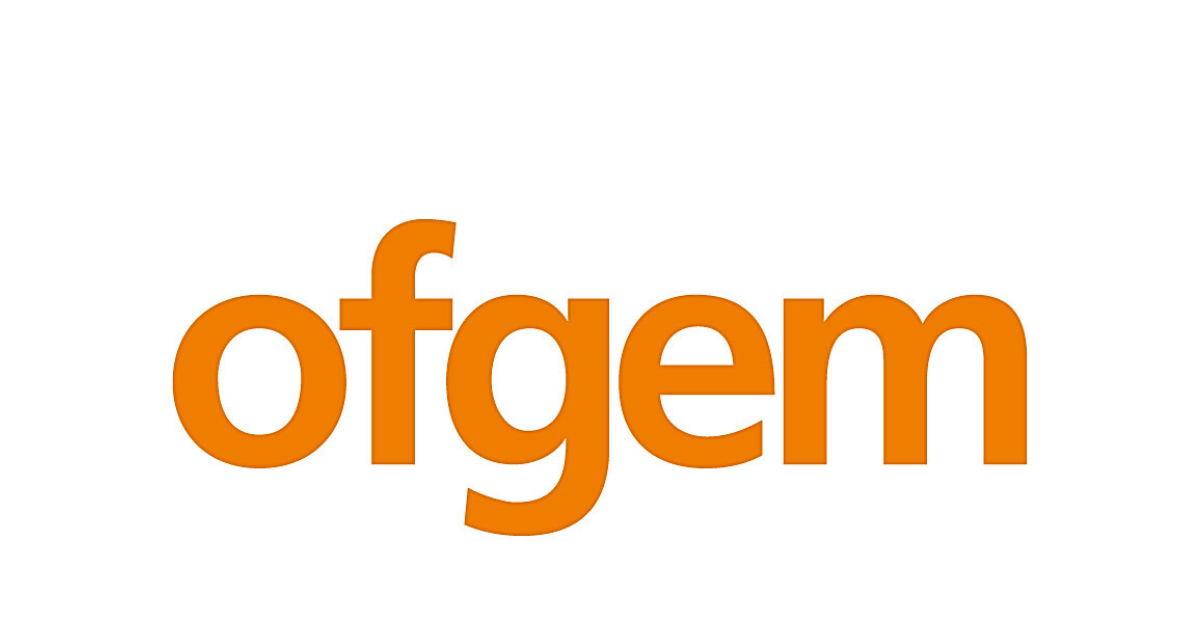

Ofgem exploring new regulations for heat networks
Energy regulator Ofgem recently consulted on introducing a fair pricing framework for 'heat networks'.
A heat network is essentially a system that provides heating and hot water to a number of homes from a singular source, for example a communal system used to provide heating and hot water to individual apartments within a block of flats.
Heat networks are not necessarily managed by energy companies but more usually by the freeholder of the block or a local authority.
At present there are very few consumer protections in place for heat networks and some landlords and tenants may not actually know they are under a heat network.
Ofgem becomes the regulator for these networks from 2026 and these consultations detail how they intend to change this and ensure that heat consumers are protected from unfair and unreasonable charges.
What did Ofgem propose?
In the consultation Ofgem outlined plans to:
- Introduce a fair pricing framework: This would establish clear criteria for assessing whether a price increase is fair and reasonable, taking into account factors such as operating costs and installation expenses.
- Enhance its enforcement powers: Ofgem would be granted increased authority to impose financial penalties on energy providers that fail to comply with the new regulatory requirements.
- Phase in implementation: The new regulations would start to be brought in during early 2026.
- Properly define heat networks: Ofgem would regulate small heat networks, such as converted flats with a shared boiler (Section 257 HMO), under this new framework. This means that some smaller landlords could also have to comply with the regulations.
While this will hopefully improve outcomes for tenants, it does potentially mean an increase in the administrative burden on landlords who operate a heat network – potentially leading to higher costs being passed on.
What does the NRLA think?
We have asked for greater clarity on a number of aspects of the plan, including :
- Excluding houses in multiple occupation: While we understand the intent, we don’t believe the administrative burden of these new regulations is appropriate for any houses in multiple occupation. This legislation is primarily aimed at large social landlords who operate on a vastly different scale and with greater resources. It would be inappropriate to expect the same from smaller landlords. We recommend excluding all HMO, including converted flats, as a result.
- An opt-out for landlords who pay the bills: If smaller landlords are to be included, then they should be given the option to opt-out where they are entirely responsible for paying the energy bills. This would help tenants, reduce administration and ensure there was only one rent increase each year after the Renters' Rights Bill comes into force.
- A definition of ‘fair pricing’ from Ofgem: The consultation lacks clarity around what Ofgem considers to be "fair pricing" in this context. Without clear guidance, landlords are left uncertain about how to comply with future pricing expectations.
- Implementation timeline: We believe the proposed timeline for introducing these regulations also requires further consideration and clarification. We recommend that any changes affecting landlords be aligned with the implementation dates for the proposed updates to the Minimum Energy Efficiency Standards (MEES) and the Decent Homes Standard, to ensure consistency and adequate time for compliance.
What happens next?
This is only one of a series of consultations that Ofgem plan to run this year on the management of heat networks.We will be keeping you up to date with all the latest news on this.
In the meantime, if you operate a heat network or you have a property that is supplied by one then we are keen to hear from you about these proposals.

